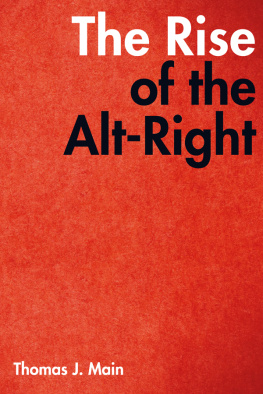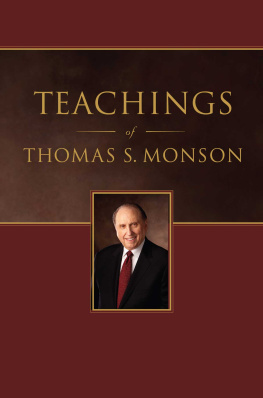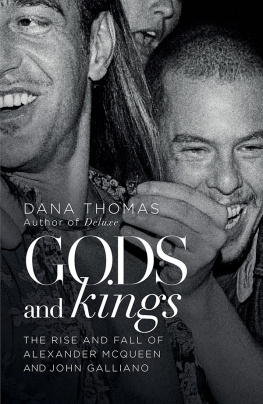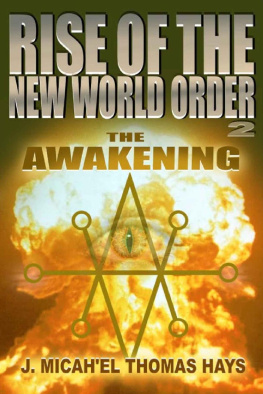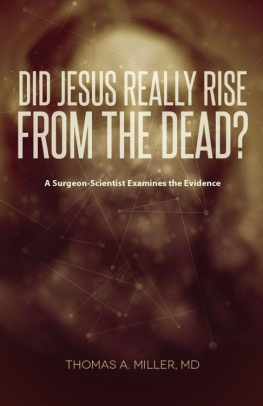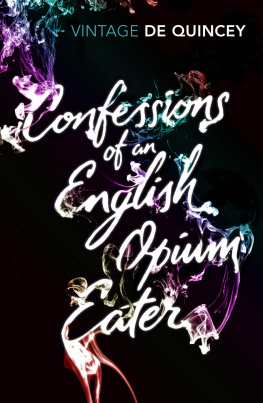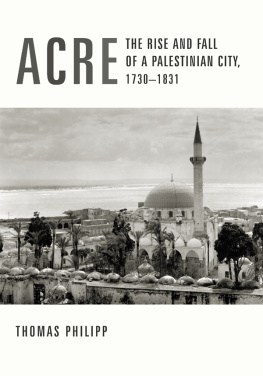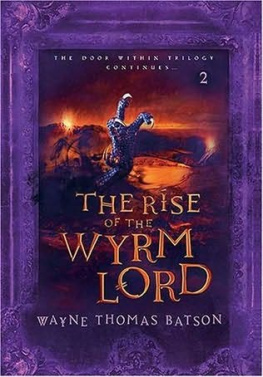The Rise of the Alt-Right
Thomas J. Main
BROOKINGS INSTITUTION PRESS
Washington, D.C.
Copyright 2018
THE BROOKINGS INSTITUTION
1775 Massachusetts Avenue, N.W., Washington, D.C. 20036
www.brookings.edu
All rights reserved. No part of this publication may be reproduced or transmitted in any form or by any means without permission in writing from the Brookings Institution Press.
The Brookings Institution is a private nonprofit organization devoted to research, education, and publication on important issues of domestic and foreign policy. Its principal purpose is to bring the highest quality independent research and analysis to bear on current and emerging policy problems. Interpretations or conclusions in Brookings publications should be understood to be solely those of the authors.
Library of Congress Cataloging-in-Publication data are available.
ISBN 9780815732884
ISBN 9780815732907
9 8 7 6 5 4 3 2 1
Typeset in Ehrhardt
Composition by Elliott Beard
To my wife, Carla Main
Contents
Acknowledgments
I wish to thank the following people and institutions for assistance that made this book possible. The Marxe School of Public Affairs at Baruch College, City University of New York, my professional home for more than twenty years, has been a supportive community throughout. Colleagues at Baruch who have been especially supportive as I wrote this book include David Birdsell, Richard Holowczak, Sonia R. Jarvis, Sanders D. Korenman, Jerry Mitchell, Rita Ormsby, Dahlia Remler, Carla Robbins, E.S. Savas, Ryan Alan Smith, Don Waisanen, and Daniel W. Williams. Colleagues at other institutions who were helpful include Danielle Allen, Michael R. Ebner, George Hawley, Sanford Levinson, Mark Lilla, Rose McDermott, Lawrence M. Mead, and Naomi Zack. My indispensable research assistants were Kari Lien, Ryeri Lim, Peter Nasaw, Robert Tulman, and Hui Zong. I received helpful comments as a result of presentations I made at the Faculty Research Seminar of the Marxe School of Public and International Affairs; Oasis New York, an academic discussion group connected to New York University; and the Society for the Study of Africana Philosophy, organized by Alfred Prettyman. Support for writing this book came from the Democracy Fund, whose president, Joe Goldman, and program associate, Chris Crawford, were particularly helpful, and from the PSC CUNY Research Award Program. My analysis of the audiences of online political magazines relied on data provided by the internet traffic monitor SimilarWeb, where Rachel Rembrandt, Yahav Dagan, and Nick Tuchband provided me with invaluable assistance. Important support and guidance were provided by the editorial team at the Brookings Institution Press, which included Carrie Engel, William Finan, Marjorie Pannell, Steven Roman, Janet Walker, and an anonymous reviewer. Juliet Lapidos of the Los Angeles Times edited two op-ed articles I wrote for her newspaper and helped me clarify my thinking. I thank Dave Van Zandt of Media Bias/Fact Check for providing useful information and permission to use graphics from his site. Thanks also to Sabrina Monroe and Judy Weinberg of Newsday for their help with archival research.
My wife, Carla Main, commented on and edited the full manuscript and provided invaluable advice based on her wide experience in law and journalism. My sons, Henry Main and Joshua Main, being my hope for the future, gave me a reason to keep working. I benefited from brainstorming sessions with my brother, William Main, and supportive conversations with my cousin Margaret Gallacher. I owe my love of learning to my mother, Catherine Main, vital support for my education and much else to my father, George Main, and my Irish sense of humor to my grandmother Catherine Gallacher. All quotes from other sources are provided verbatim unless otherwise indicated. All remaining errors and omissions are my own.
Part I
The Problem of the Alt-Right
The Emergence of the Alt-Right
Prior to the 2016 presidential election season, only a handful of political die-hards followed the machinations of a new political ideology called the alternative right, or Alt-Right. So how did this political faction spring from obscurity to occupy center stage in American politics? The conservative movement, the Republican Party, and American politics in general are today in a crisis that is both reflected in and caused by the crystallization of the Alt-Right.
Before the extraordinary presidential election of 2016, the Alt-Right went unnoticed by the general public and was of interest primarily to observers of right-wing extremism. That situation changed when in the heat of the campaign, Donald Trump chose Stephen K. Bannon, former editor of the web outlet Breitbart News , as his campaign CEO. Bannon himself described Breitbart News as the platform for the Alt-Right.
Suddenly the Alt-Right went from obscurity to infamy. Many commentators responded to Clintons speech. Liberals, moderates, and mainstream conservatives praised the speech, while Alt-Right outlets criticized it as irrelevant and low-energy. But public awareness of the new movement The Alt-Right had arrived.
Why is the Alt-Right so widely perceived as a new threat to Republicans and indeed the republic? At first glance, Alt-Rightism seems to be no more than a collection of well-known far-right talking points. It supports the mass deportation of undocumented immigrants and protectionist trade policies. It opposes feminism, diversity, globalism, gun control, and civil rights. Are such positions, which have been staples of the conservative movement for years and about which reasonable people may differ, any more problematic now than they have ever been? Is the Alt-Rights heated rhetoric really more problematic than the conspiracy-mongering and race-baiting found at the fringes of the right for decades?
In fact, the Alt-Right is far more radical and dangerous than the right-wing extremism of past decades. For it is the underlying ideology of the Alt-Right, rather than its controversial policy positions, that merits concern. In the following statements, prominent Alt-Rightists sum up their ideology:
James Kirkpatrick (contributor, VDARE ): The Alt Right is a refusal to accept the frame imposed by those who are hostile to us on issues like morality, politics, and culture. Key concepts: A) a critique of egalitarianism; B) a recognition that liberal morality is a tactic to acquire or safeguard power; C) a recognition of HBD [human biodiversity].
Jared Taylor (editor, American Renaissance ): What is the Alt Right? It is a broad, dissident movement that rejects egalitarian orthodoxies. These orthodoxies require us to believe that the sexes are equivalent, that race is meaningless, that all cultures and religions are equally valuable, and that any erotic orientation or identification is healthy. These things we deny. The Alt Right is also skeptical of mass democracy. It opposes foreign aid and foreign interventionespecially for nation building.
Hateful Heretic (contributor, The Right Stuff ): The Alt-Right is the right wing stripped of any superstitious belief in human equality and any admission of the lefts moral authority; it is the right in full revolt against the progressive establishment.
Kevin MacDonald (editor, Occidental Observer ): Its legitimate for white people to identify as white and pursue interests as white Americans.
Mike Enoch (editor, The Right Stuff ): The Alt-Right [is about] race realism [and] Jewish power, its affect on our political world geo-politics, United States politics, global politics, everything.


